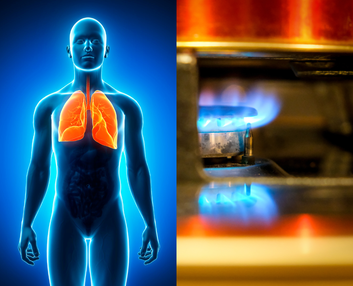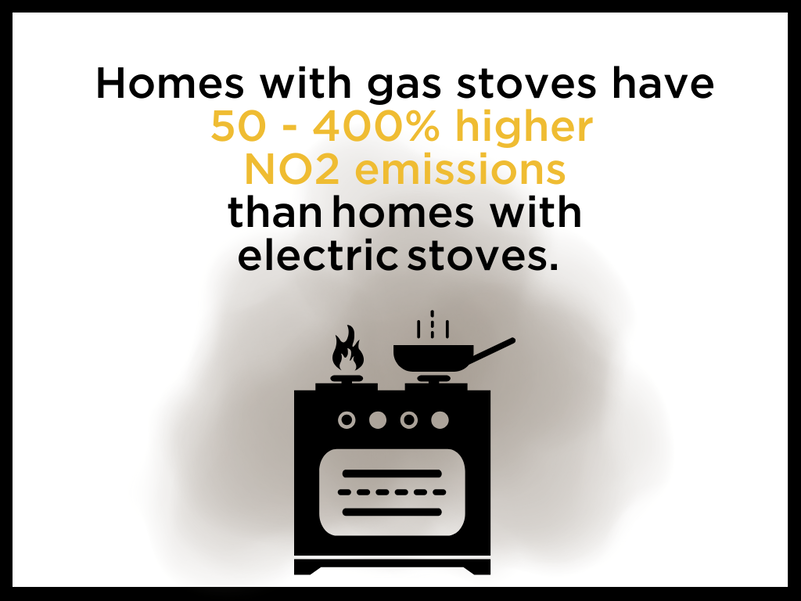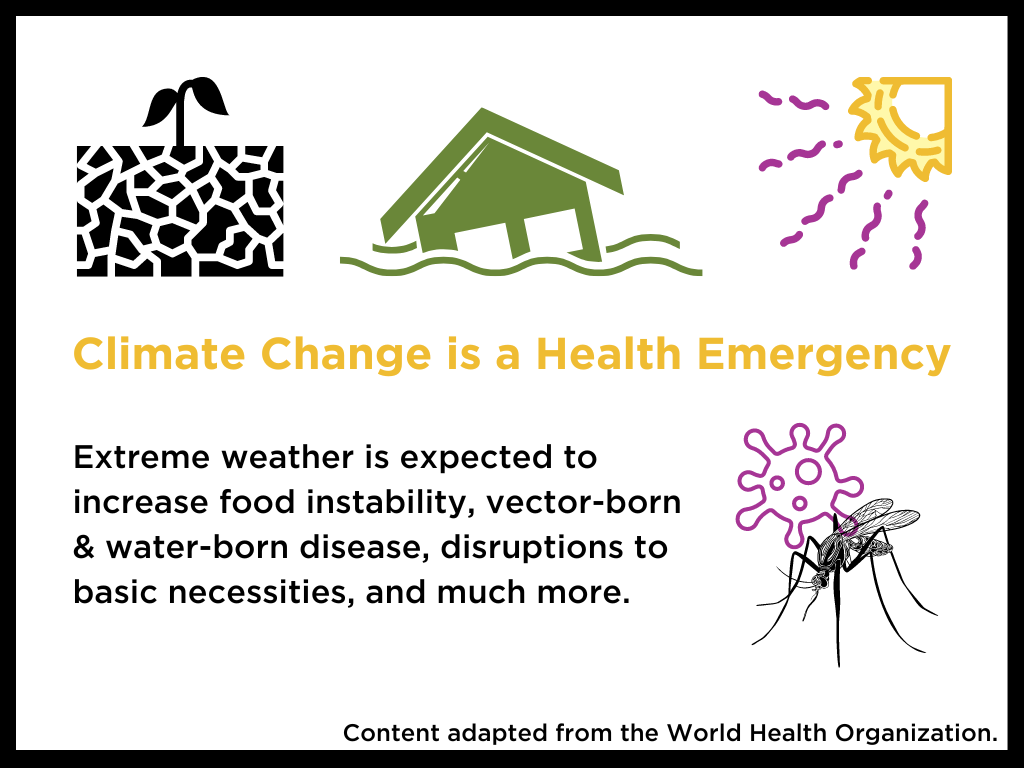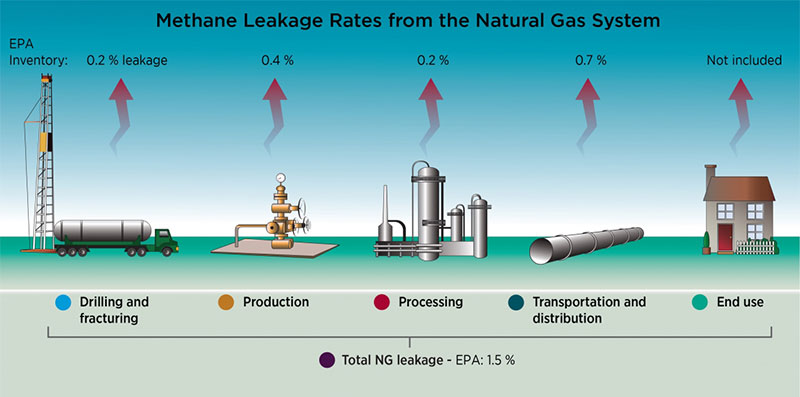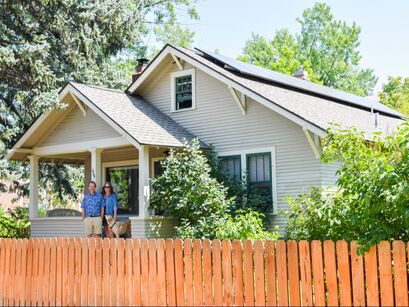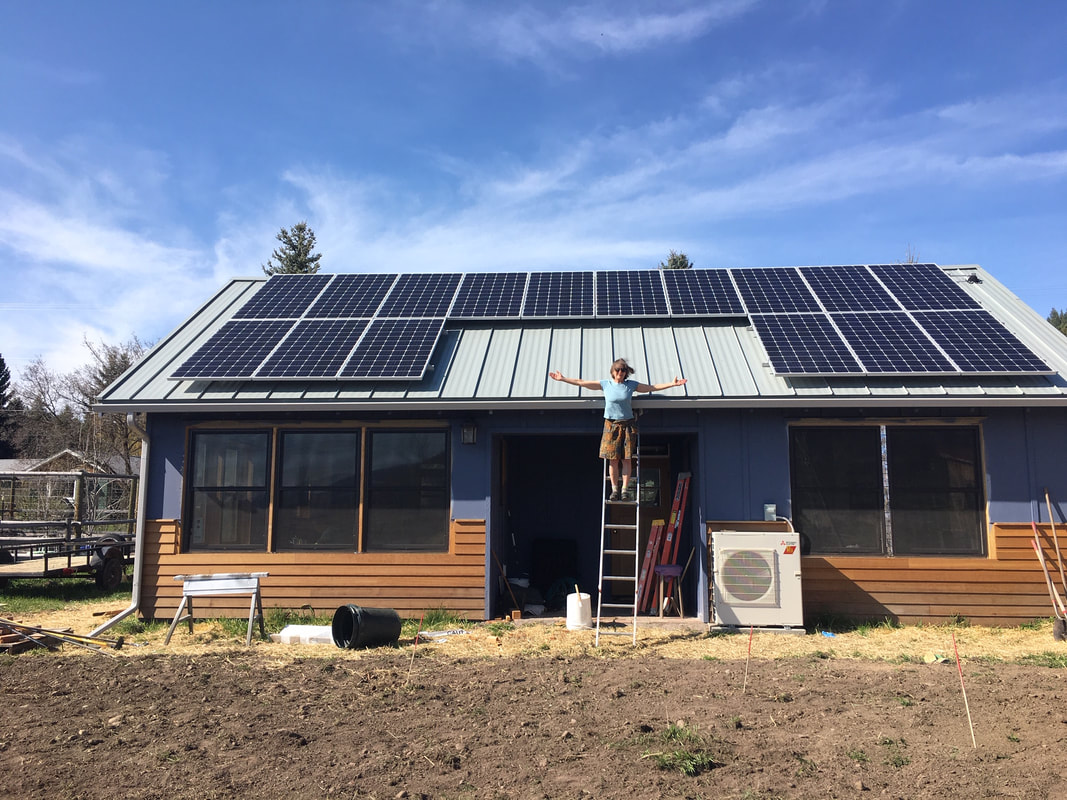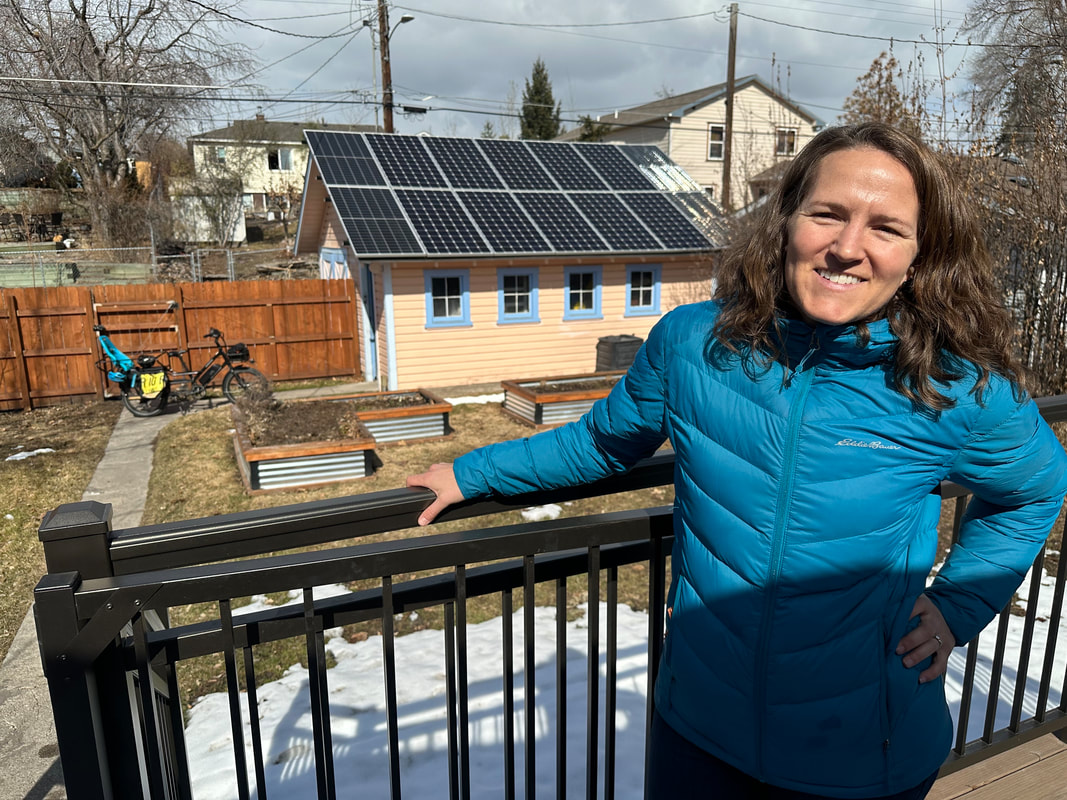Indoor Air QualityLet's start by looking inside our homes and buildings. We don’t regulate indoor air the same way we have standards for outdoor pollution. Yet we spend up to 90% of our time indoors.
Combustion from methane-powered ("natural gas") appliances, including HVAC systems, water heaters, dryers and gas stoves, can lead to indoor air pollution levels that exceed EPA’s legal limits for outdoor air pollution.
Homes with gas stoves have 50 - 400% higher NO2 emissions than homes with electric stoves. This range stems from different uses of the stove, from shorter to longer cook times and oven use, and the efficiency of the stove.
Plus, these appliances are found to leak methane even when turned off. (More articles about gas stoves and physical health can be found links under "Learn More.") The Bigger Picture: Climate Change is a Health EmergencyClimate change is bringing with it more extreme heat, longer wildfire smoke seasons and dangerous weather events that impact our health. It's also impacting our stress levels and mental health. In short: climate change is a health emergency. (See articles from the World Health Organization in the sidebar.)
While swapping out gas-powered appliances for electric ones can help address indoor air pollution, energy powered by fossil fuels still results in outdoor air pollution. Methane's lifetime in the atmosphere is much shorter than CO2, but is more efficient at trapping radiation. Pound for pound, the comparative impact of methane is 25 times greater than CO2 over a 100-year period.1 Plus, methane-powered appliances are responsible for 10% of US greenhouse gas emissions. Therefore, we must address methane to meet our climate goals.
Studies over the past decade, and especially in the past few years, have shown that:
"Greening the Grid" Also Matters |
Learn More:
|
We know the grid has the potential to become cleaner as utilities continue to transition to renewable energy sources. For instance, from 2005 - 2020, CO2 emissions from fossil fuel consumption in the Montana electric power sector decreased by approximately 38%. And in 2021, renewable energy sources accounted for 63% of Montana’s generating capacity. We must continue the push for investment in solar, wind, hydro and other renewable energy sources and not consider moving to methane gas as part of the solution.
Learn more about oil and gas pollution in Montana from our friends at MEIC. Visit our solar page for more information on adding your own renewable energy!
Learn more about oil and gas pollution in Montana from our friends at MEIC. Visit our solar page for more information on adding your own renewable energy!

